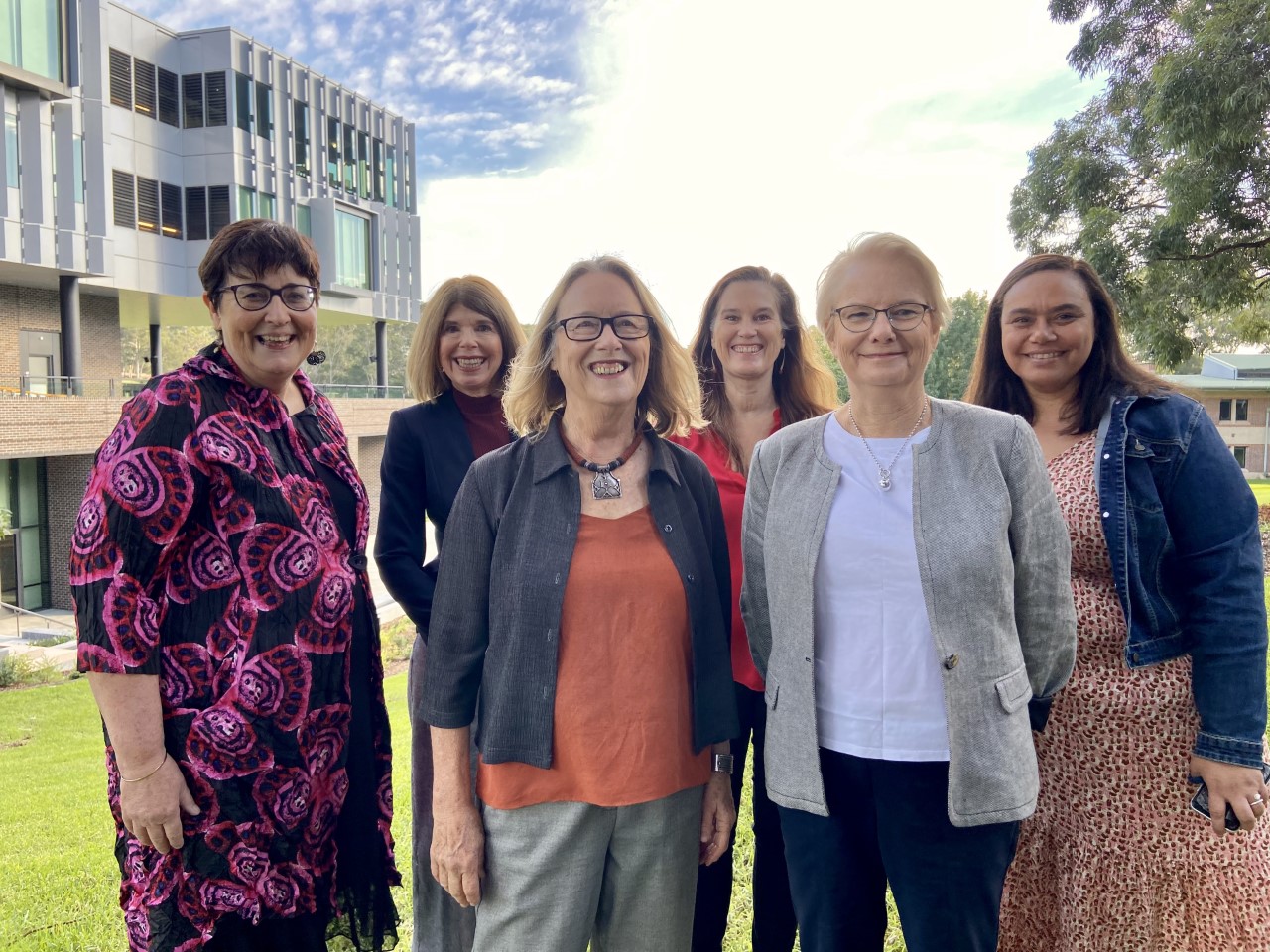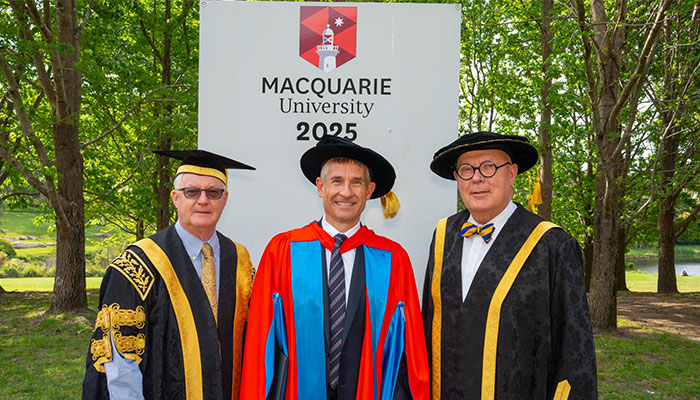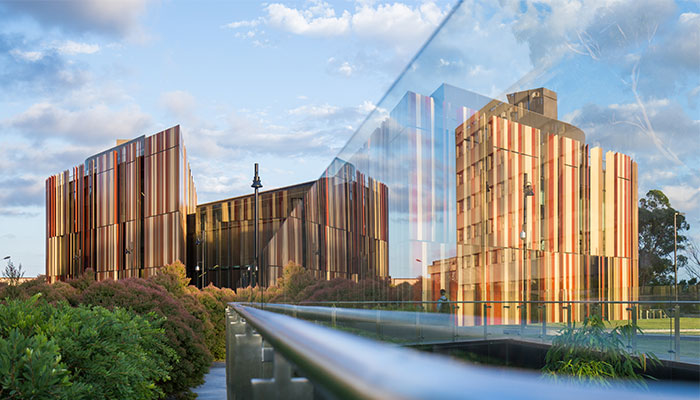Culture, sustainability and leadership are key themes of the changes, which include new principles and updated practices, and are the result of a two-year review by a national consortium led by Macquarie University, QUT and Edith Cowan University.
First established in 2009, the frameworks, titled Belonging, Being and Becoming: The Early Years Learning Framework for Australia and My Time Our Place: Framework for School Age Care in Australia (MTOP), are used to guide Australia’s early childhood curriculum and school age care programs.
An enhanced focus on Aboriginal and Torres Strait Islander perspectives, with related updates to the vision, principles, practices and outcomes of both frameworks, is among the major changes. The revised frameworks also emphasise the need for ‘cultural responsiveness’, sustainability, collaborative leadership and stronger assessment and evaluation measures to enhance child development and wellbeing.
“The changes are key in ensuring educators are provided with relevant and contemporary guiding principles to support them in the design and delivery of high-quality educational programs and practices for many children,” says Associate Professor Fay Hadley, Macquarie School of Education.

Collaborative effort: The research team included (from left to right) Associate Professor Jennifer Cartmel, Griffith University; Professor Susan Irvine, QUT; Professor Linda Harrison, Macquarie University; Associate Professor Fay Hadley, Macquarie University; Professor Lennie Barblett, Edith Cowan University; and Dr Francis Bobongie-Harris, QUT.
The updates are the culmination of a robust two-year process, which included literature and curriculum reviews, comprehensive national stakeholder engagement, and piloting changes across various education and care settings.
“Our research gathered the feedback and voices of not only educators, teachers and industry stakeholders, but also children and their families, to ensure we were providing recommendations that captured what children and parents expect from educators,” says Associate Professor Hadley.
“At the end of our research, we provided Education Ministers with a total of 20 recommended changes and are thrilled they have all been accepted. This will contribute to quality care and education across more than 17,000 early childhood and outside school hours care services across Australia.”
Educators and providers are encouraged to begin familiarising themselves with the updated learning frameworks and adjusting their programs and practices to reflect the changes, prior to a required transition in 2024. Throughout the year, additional supporting material will be developed by state and territory governments, alongside the Australian Children’s Education and Care Quality Authority (ACECQA), to support educators and providers in implementing the changes.
This project was commissioned by the Australian Children’s Education and Care Quality Authority (ACECQA), on behalf of all Australian state and territory governments. More information can be found here.
As part of the supporting resources, researchers of the project, in conjunction with Early Childhood Australia, are hosting a series of webinars for educators and providers. To register, click here.



